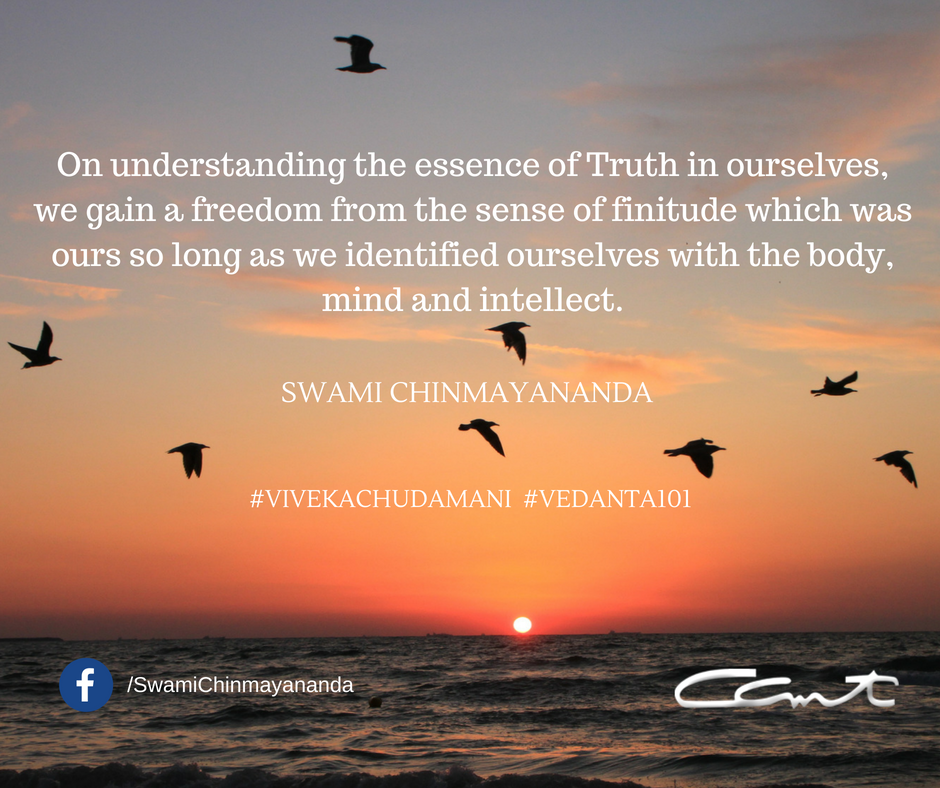The Three Types of Discipline of the Bhagavadgita 4. Swami Krishnananda
23/04/2019
(Spoken on September 18th, 1974.)
4.
To give an instance of this predicament or possibility, there can be a war between the understanding and the feeling, and then you will be an unhappy person at home though you may be a dignified public person outside. Your social status and the rational capacities may make you, or at least appear to make you, a noble individual of an elevated status in the eye of the public. You may be a big person or a big gun, as they say, in the eyes of the world, but privately you may be a miserable person at home. This is a phenomenon which is not unknown to people. Most people are privately unhappy though publicly big, rich, well to do and powerful. There can be political power which one may wield, social status and public esteem; all can go simultaneously, hand-in-hand with internal agony and sorrow which one suffers privately in one’s own abode. Why should this happen? It is because while your intellect, your reason, your public capacity works in a particular direction, your emotion works in a different direction altogether.
Love and hatred may be said to be emotional functions, though as an intelligent, cultured, educated person, you may be convinced that love and hatred are not worthwhile characters. You must be an impartial being. This is the philosophical conclusion which your reason may come to, but your emotion will have a grudge of its own against certain aspects of life and an affection for certain other aspects.
The Bhagavadgita wants you to bring all these faculties together. The understanding and the feeling are one, like husband and wife, if we can put it in that way. There is a clicking of two clocks together simultaneously, without any kind of discrepancy in the sounds that they make. They speak in the same voice. What you feel, that you understand, what you understand, that you feel. Or, to put it in another way, your thoughts, your speech and your actions are in harmony with one another. What you think, that you speak, and what you think and what you speak, that is the way you act. This is a very difficult thing to achieve. Personal or self-discipline may be summed up in the technique of bringing together into a beautiful blend the thoughts of the mind, the words that you speak, and the actions that you perform in society.
To be continued ...





Comments
Post a Comment